Human existence seems fascinated by the notion of death and what may lie beyond. It’s the topic of religion, philosophy, and even literature — death is the journey to Shakespeare’s “undiscovered country.”
Now it’s time for science to enter the realm of death, and there is a rather unique perspective if we apply quantum mechanics. Death may not actually exist.
Perception Is Reality

There are a lot of abstract concepts and fairly involved theories involved in this viewpoint, but much of it largely comes down to the notion that existence isn’t static, but rather depends on how we observe it.
Our current way of thinking is that the world around us has an objective existence, independent of the observer. However, there is a lot of evidence that this is not the case.
What Is Death?

Before we get too much into this, let’s stop for a second to define “death” as we know it. We view life as biological processes and the activity of a lot of molecules (carbon is a big one).
We live, then these processes end, and we decay. This transition gives us a concept of death since we identify our existence — our life — with our physical bodies.
Biocentrism
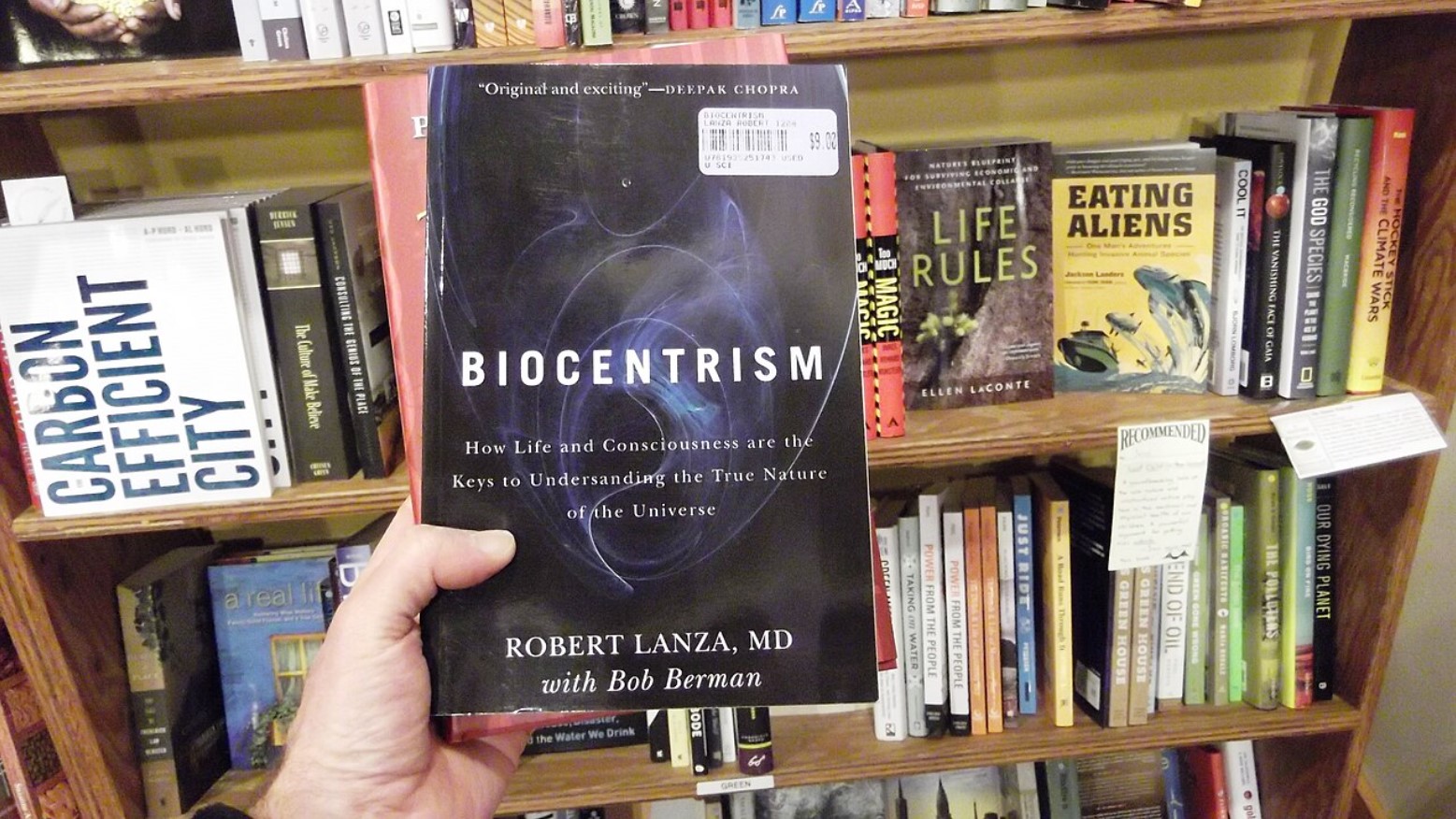
This view may be too limited if we begin to define life as more than simply physical processes and start to factor things like consciousness into the equation.
This forms part of the concept of biocentrism, a theory where Dr. Robert Lanza proposed that death as we understand it does not mark the end but rather offers transport into another universe.
Space, Time, and Death
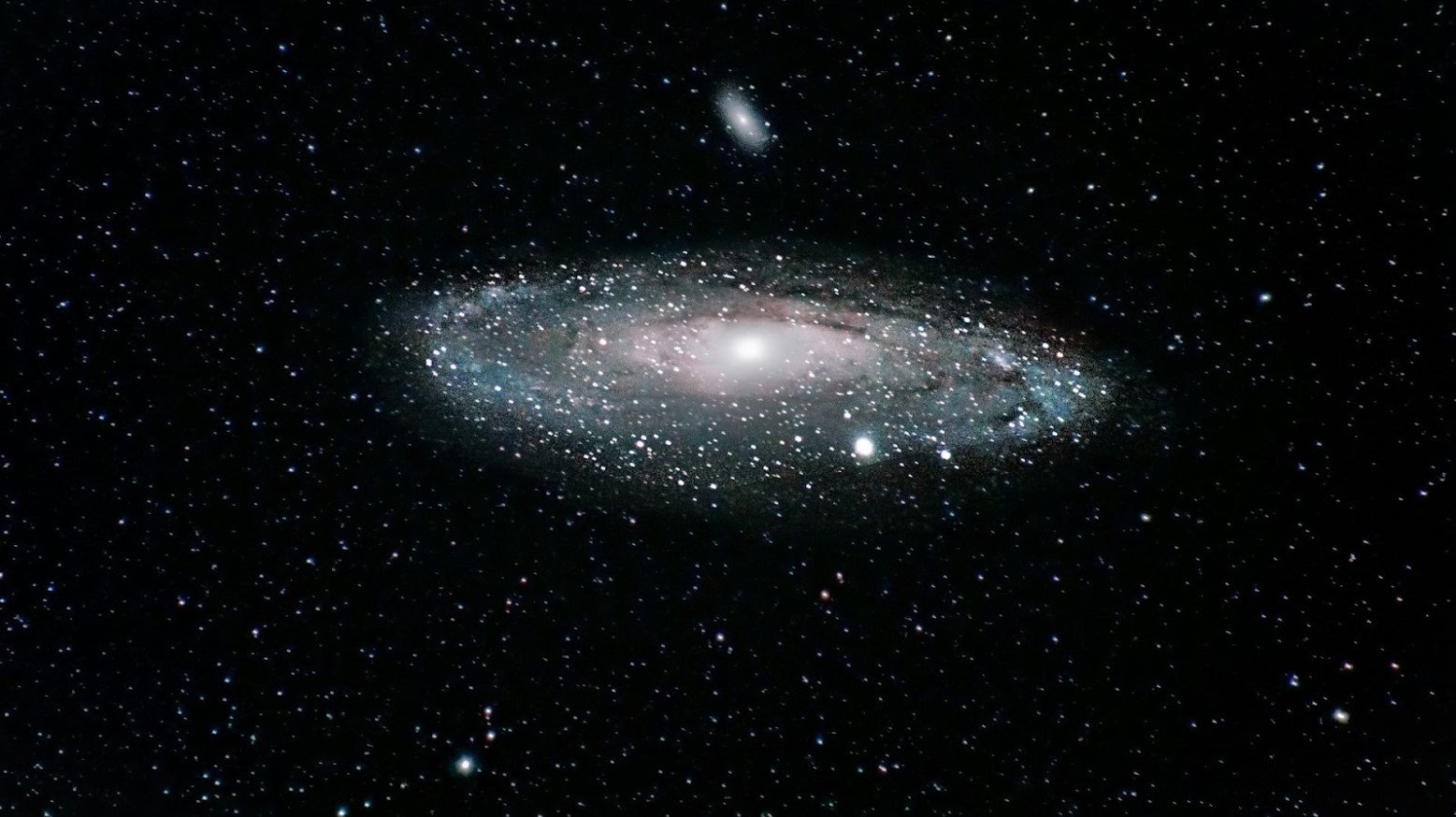
This biocentric viewpoint forces us to challenge a lot of what we think we understand about the nature of existence.
For one, it states that time and space are not solid entities as we perceive them to be. Rather, they are constructs of our consciousness. They are not absolutes that exist independent of the observer.
Wave-Particle Duality

There is scientific evidence to support an overall notion that existence is dependent on observation and that consciousness may shape how we perceive and, to a degree, create reality.
Light, for example, has an interesting property in that it can behave as both a wave and a particle, and its behavior is dependent on observation. This is a quantum mechanics concept known as wave-particle duality.
Double-Slit Experiment
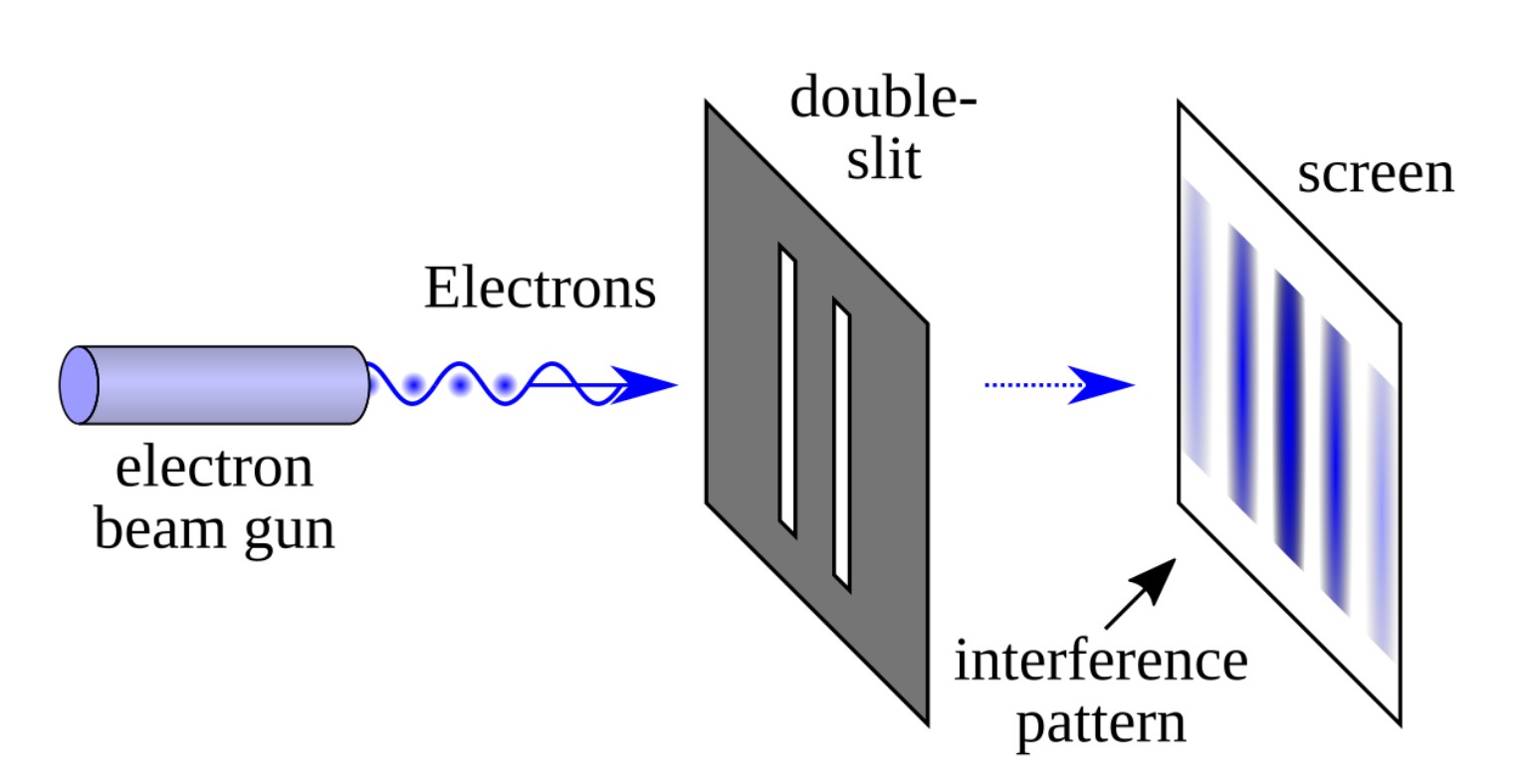
There is a fairly simple experiment to demonstrate that a particle has this property known as the double-slit experiment.
In this experiment, when a particle is observed it passes through one slit; it behaves like a particle. Without observation, it behaves as a wave, passing through both slits simultaneously. This somewhat demonstrates that reality isn’t independent of the observer and is instead shaped by consciousness.
Heisenberg’s Uncertainty Principle
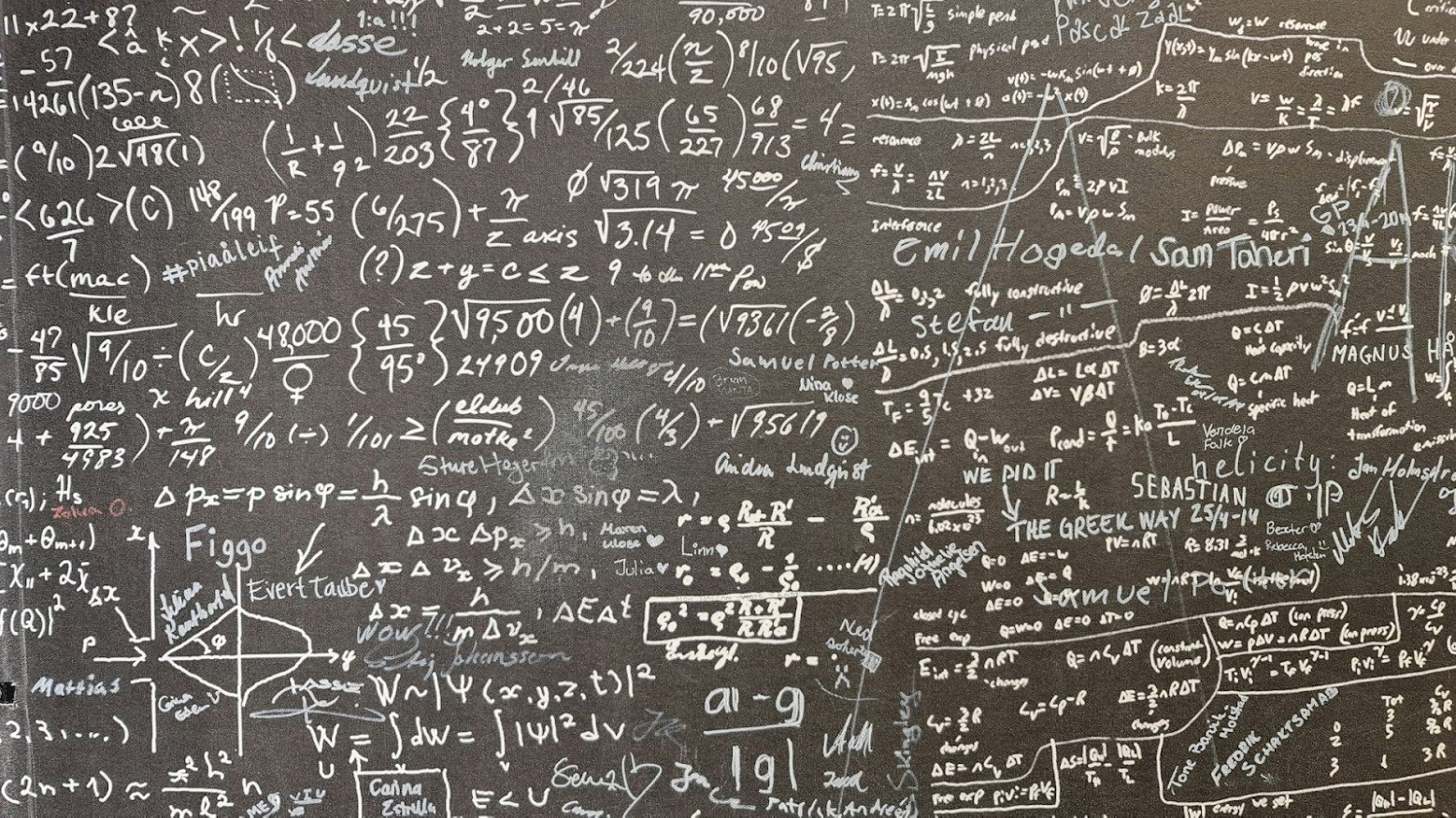
Further evidence for this notion can be found in Heisenberg’s uncertainty principle. This is a fundamental concept in quantum mechanics.
It basically states that there is a limit to how precisely we can know certain pairs of physical properties. It suggests we cannot measure a particle’s momentum and location simultaneously, for example.
Quantum Entanglement

Then there is the somewhat bizarre concept of quantum entanglement that explains how a pair of subatomic particles can be intimately linked so that changing one will affect the other, even if they’re separated by lightyears.
All these concepts in quantum mechanics essentially serve to support the notion that things like space and time are merely tools of our consciousness, created by our observation.
Death in a Quantum World

Think about what concepts like quantum entanglement show. Two particles separated by galaxies can communicate instantaneously as if there were no space or time separating them.
This indicates our old understanding of space and time is flawed. By extension, perhaps our understanding of life and death is also flawed. What does death look like in a quantum world? If existence can be timeless and spaceless, then immortality stops being some endless existence in time, but rather some existence outside of time.
The Many-Worlds Theory
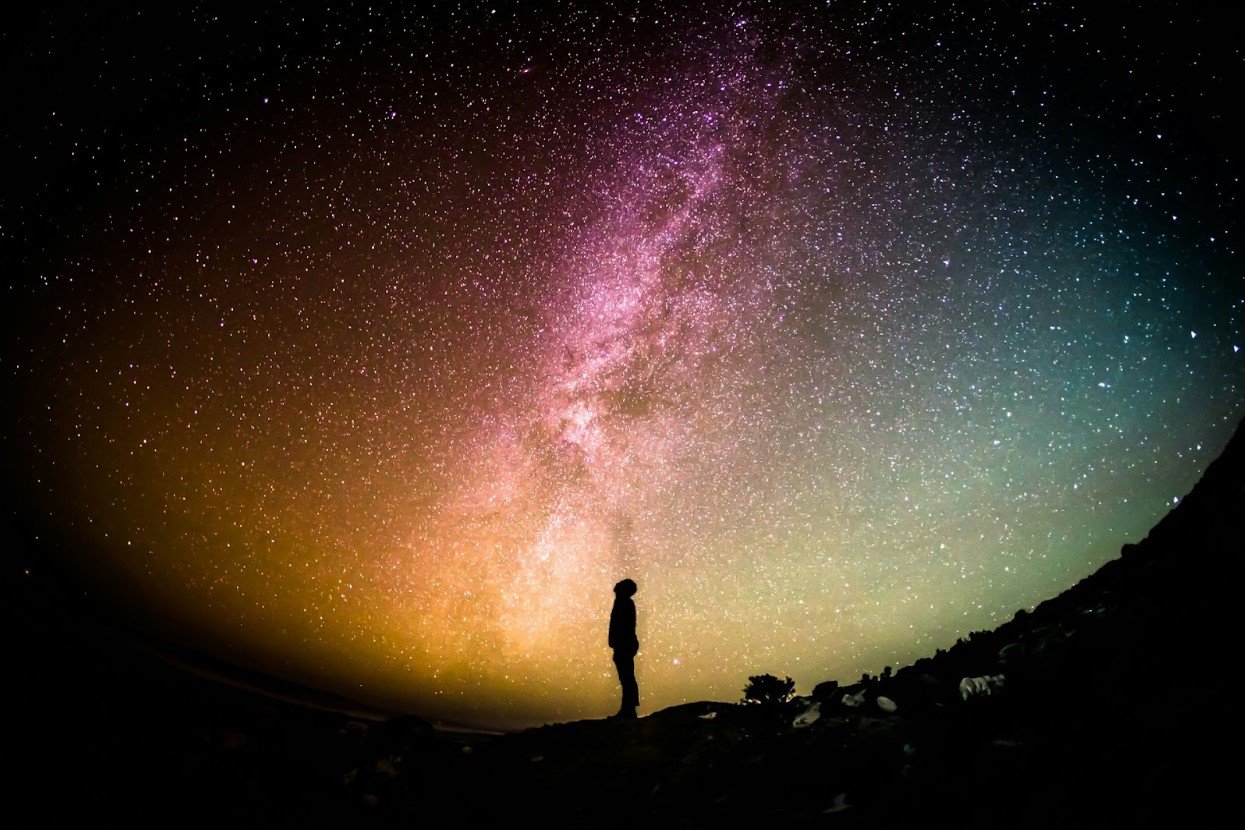
Carrying on this concept of observation shaping existence, we have the many-worlds interpretation of quantum mechanics. This states that every possible observation corresponds to a different universe in a vast multiverse, all existing simultaneously as all outcomes occur simultaneously.
This fits nicely with the biocentric view. Here, death as we perceive it doesn’t really exist as we are still alive while also having already died. All outcomes exist simultaneously in this many-worlds multiverse.
Modern Views on Death
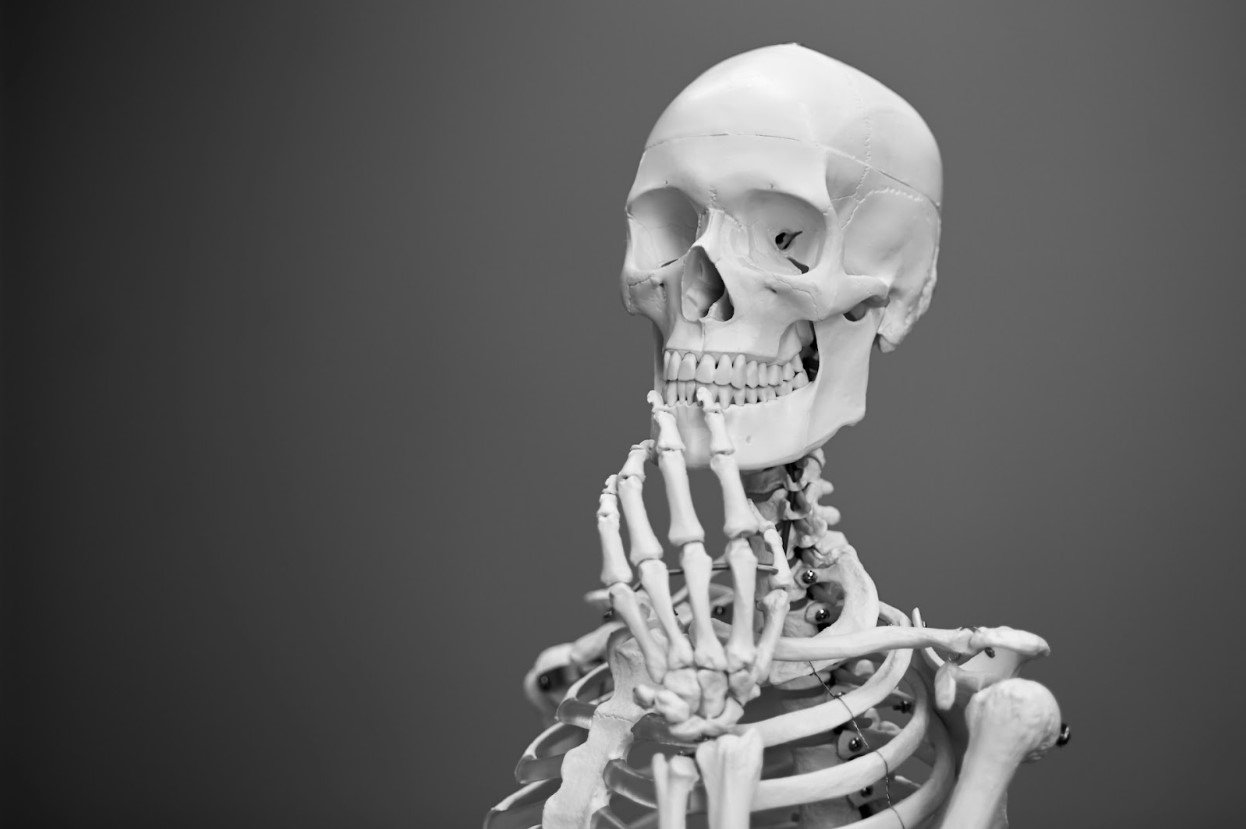
The notion of death, life after death, and what existence truly is has always been a complex one that has fuelled spiritual, religious, and philosophical debate for pretty much as long as our species has existed.
As we expand our scientific understanding, particularly in the field of quantum mechanics, this debate becomes no simpler. In fact, it becomes much more complex when we have to reassess whether death even exists at all.
